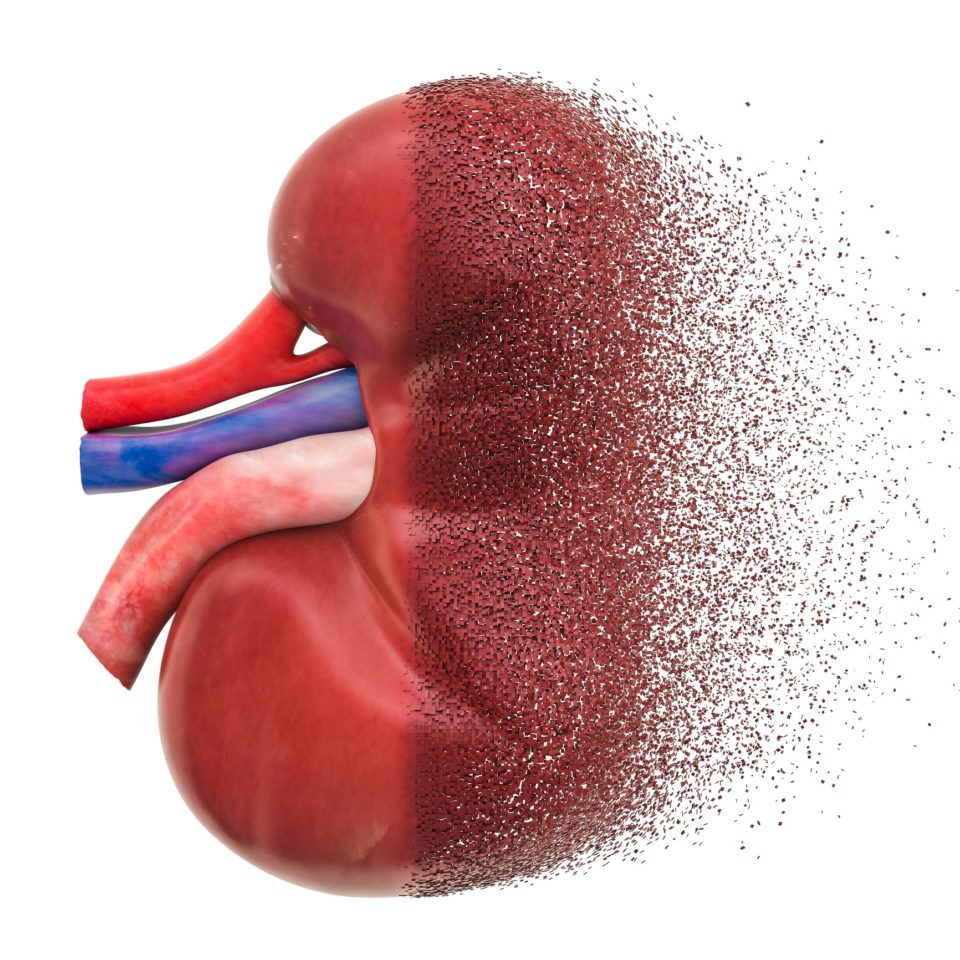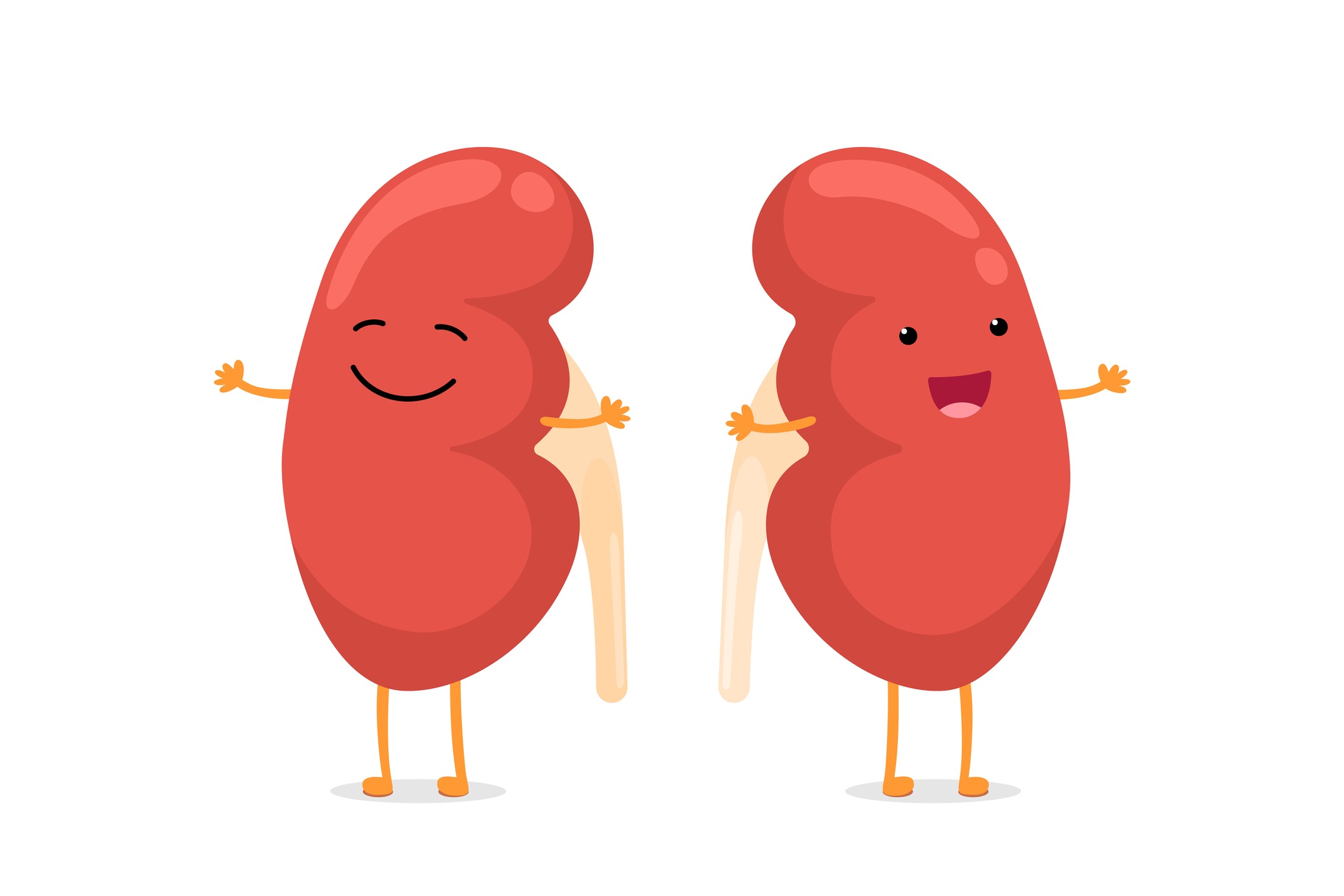
Patients with chronic kidney disease (CKD) commonly experience hyperkalemia as a result of the pharmacologic treatment of CKD. However, Adam Weinstein, MD, and members of the Renal Physicians Association (RPA) Registry Workgroup, suggest that there are few data available on the impact of hyperkalemia from the perspective of the patient.
Using the RPA Kidney Quality Improvement Registry, the researchers recruited adult patients with CKD and hyperkalemia being treated in 11 nephrology practices in the United States. Inclusion criteria were serum potassium ≥5.2 mEq/L within the last 2 years, diagnosis of CKD, and proficiency in English. Exclusion criteria were chronic dialysis, kidney transplantation, and dementia.
The researchers developed a 37-item survey that was administered to patients either during an office visit or online. The survey included questions related to patient awareness and experience with hyperkalemia and related treatment. Results of the survey were reported during a session at the virtual ANNA 2020 National Symposium in a presentation titled Understanding the Impact of Elevated Potassium on Kidney Patients’ Quality of Life and Treatment Experience from a Nephrology-Based Office Survey.
A total of 302 patients completed the survey (response rate, 85%). Survey responses indicated that while 71% recalled discussing high potassium with a physician, only 57% understood the term hyperkalemia. Six percent of patients had been directed to an emergency department for hyperkalemia, 23% reported more frequent blood draws, and 48% reported feeling worried about the diagnosis.
The most common treatment recommendations followed by patients with hyperkalemia were diet changes (72%), initiation of medication (38%), cessation of medication or change in dose (28%). Respondents reported improvement with dietary change (48%) and new medication starts to lower potassium (33%). A majority of patients (60%) reported that improved potassium levels had a positive mental or physical impact on their lives.
“Understanding of hyperkalemia in adults with CKD experienced this condition is relatively low despite conversations and a variety of intervention strategies used in partnership with their physicians. An occurrence of hyperkalemia negatively impacts their mental health and increases the nee ed for more frequent diagnostic testing, yet its treatment improves their self-reported perceived quality of life,” the researchers said.
Source: Weinstein A, Beckrich A, Singer D, et al. Understanding the impact of elevated potassium on kidney patients’ quality of life and treatment experience from a nephrology-based office survey. Abstract of a presentation at the virtual 2020 American Nephrology Nurses Association National Symposium, August 29-31, 2020.







 © 2025 Mashup Media, LLC, a Formedics Property. All Rights Reserved.
© 2025 Mashup Media, LLC, a Formedics Property. All Rights Reserved.